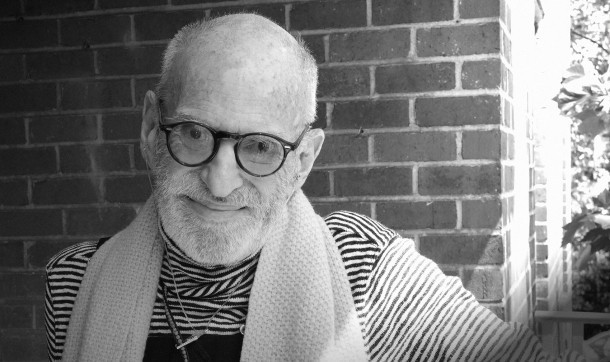Selma is a vital, brutal, and inspiring film, which chronicles the lead-up to the historic Civil Rights march from Selma to Montgomery, lead by Martin Luther King Jr.
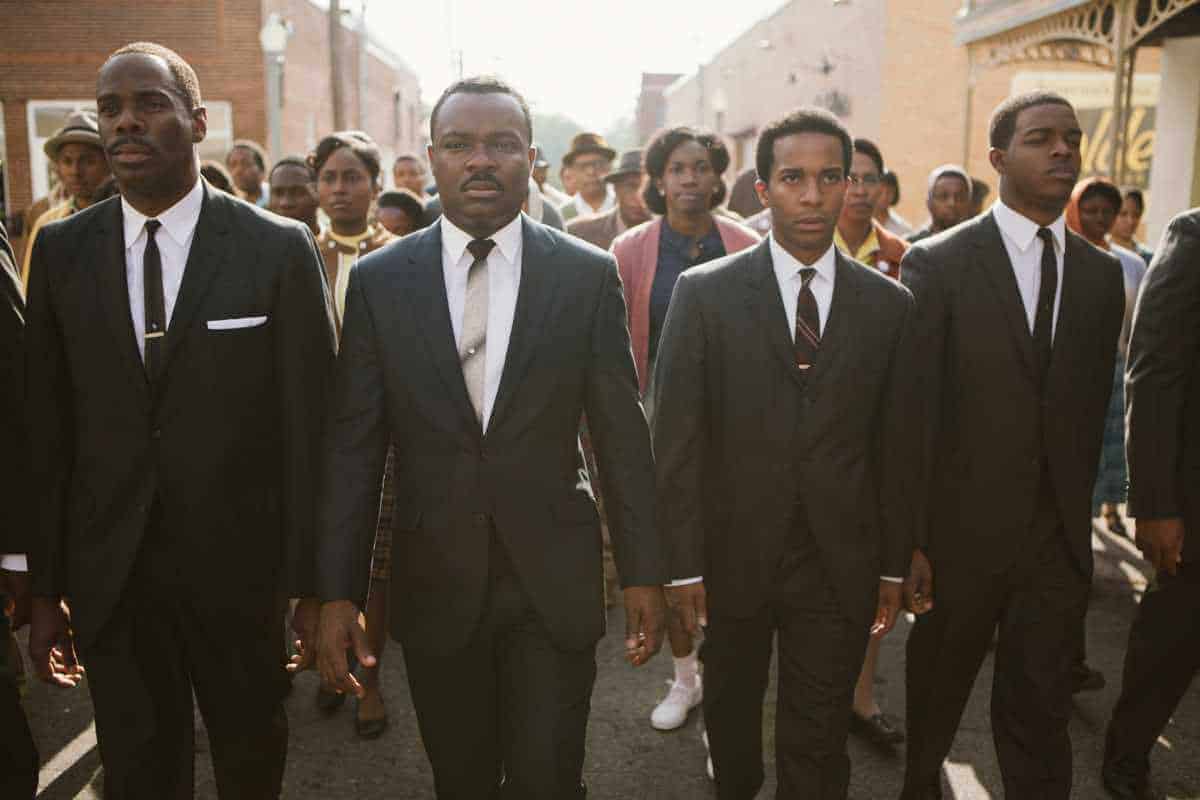
Near the beginning of Ava DuVernay’s evocative, moving, and inspiring Selma, which chronicles the lead-up to the historic Civil Rights march from Selma to Montgomery, Martin Luther King, Jr. (David Oyelowo, marvellous and compelling) walks into a hotel in Selma serving “whites only” and attempts to register for a room. When he’s met with a punch in the face, he knows the town is the right place to bring his protest. As King explains, on the best days of the Civil Rights movement, “our adversary makes a mistake.” What he means is that the white law enforcement lets chaos break loose, making inhumane arrests or violently beating the black protestors — exactly what they need to generate national press. And they’ve just proven that this kind of casual bad behaviour is the norm in Selma.
It’s horrifying to realize that despite how much progress King had made by the time he came to Selma — the film opens with him winning the Nobel Peace Prize before getting private conference with President Lyndon Johnson and then heading to Selma — there were still miles to go before he could sleep. This is a town where a polite, respected, middle-aged black woman (Oprah Winfrey, in a feat of celebrity casting) could not even succeed at registering to vote, because she was blocked by unreasonable — and rude — questioning from the white man in charge. And this is a state where a black man (Keith Stanfield) who has peacefully protested, can be shot and killed in cold blood in a full restaurant during dinner, for daring to walk at night while black.
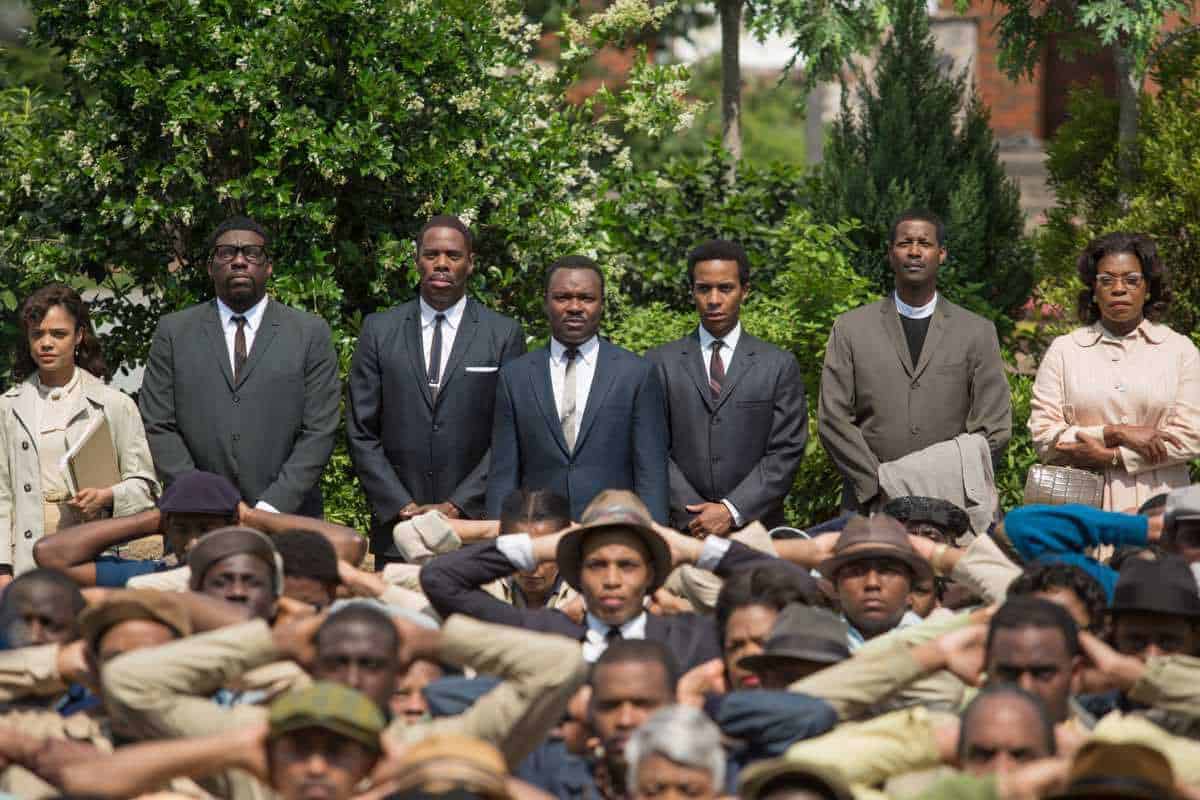
But by this point, King also knows how to lead a movement, and it’s a credit to DuVernay that we feel roused and a part of it. He understands the need for drama, caught on film and broadcast for the world to see. When leading his first protest in Selma, DuVernay first shoots King from behind, walking in closeup, slowly pulling back the camera to reveal his comrades at his side, among them Andrew Young (Andre Holland) and Frederick Reese (E. Roger Mitchell), all smartly dressed in suits. She then pulls back further, still from behind, to reveal the rows and rows of supporters following their lead. You can feel the movement forming.
They’re headed to the local government buildings where you register to vote, to peacefully protest: on arrival, we watch them all sit down in rows, hands behind their heads, ready to face off, without weapons, against the armed white law enforcement. This isn’t just a non-violent protest but one with a powerful image of the people making themselves physically powerless against the armed law enforcement. They need violence to break out to get national press coverage, but that also means they’re signing up to be beaten senselessly in front of the cameras. It’s incredibly brave and equally terrifying that they know this can happen because it’s so commonplace in the South. And DuVernay ensures that every blow — especially the first, to an elderly gentleman’s head — is shocking and horrifying.
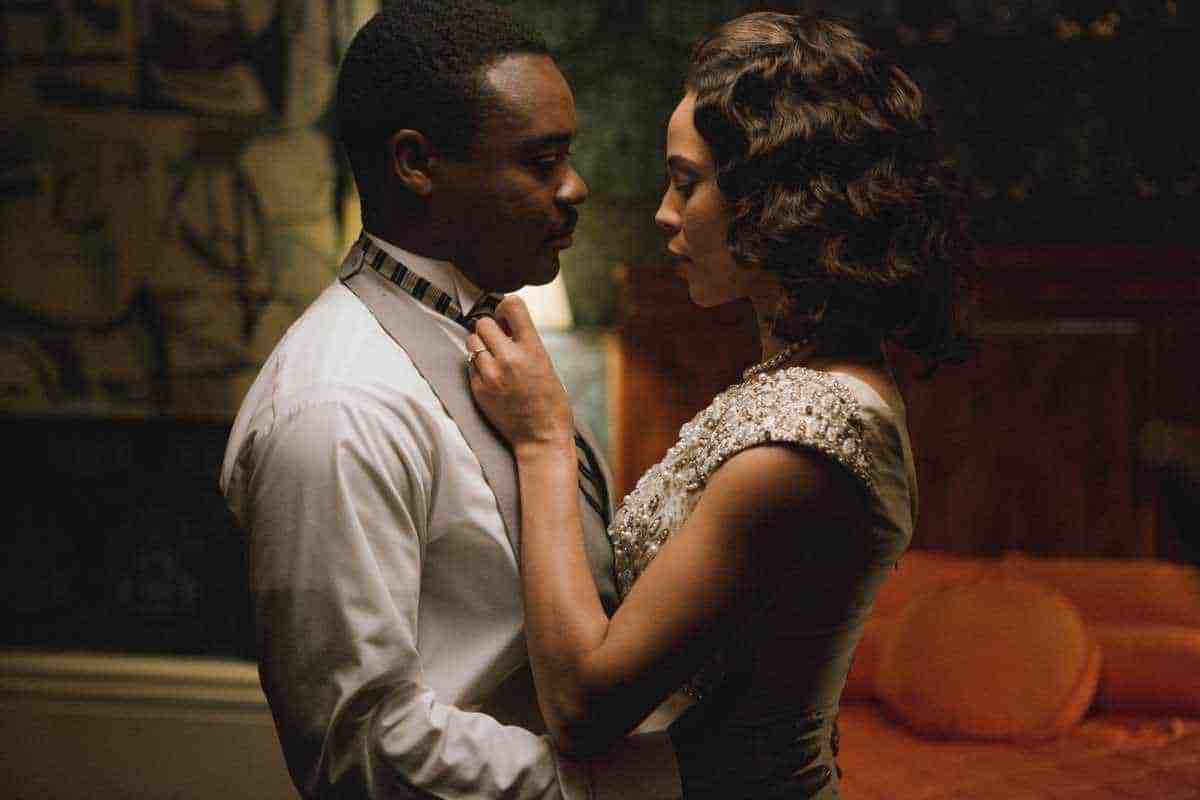
Calling Selma a Martin Luther King, Jr. biopic is a misnomer. DuVernay isn’t interested in lionizing anyone, from LBJ to MLK. Instead, she’s chronicling a movement, from many perspectives, with many moving parts. Johnson isn’t politically ready to pass the legislation needed to disenfranchise black voters, and it’s up to King and his team, to generate the kind of national outrage needed to kickstart change. King isn’t a god; he’s a pragmatic man who knows when to stop a protest, when the risk is too great. And he even makes mistakes. He’s a man who writes and rehearses his speeches in a bathrobe on his bed, whose activism is putting a strain on his marriage — he’s not around enough, and his wife (Carmen Ejogo) worries. He may be a great orator, and his words may inspire, but every single one of his colleagues is instrumental to the fight. Whether that’s the non-violent student group, who at first feel threatened by King’s presence on their turf, or the hoards of clergyman — many of whom are white — who answer King’s call to join the protest because it’s the right thing to do.
Sometimes showing all these perspectives results in clumsy exposition and stilted scenes. For example, two white clergyman who have come to Selma to join the fight have a discussion about their intentions: it’s the sort of scene that has exposition written all over it in capital letters, but it’s also giving us necessary information, providing another perspective. And it leads into something even more important.
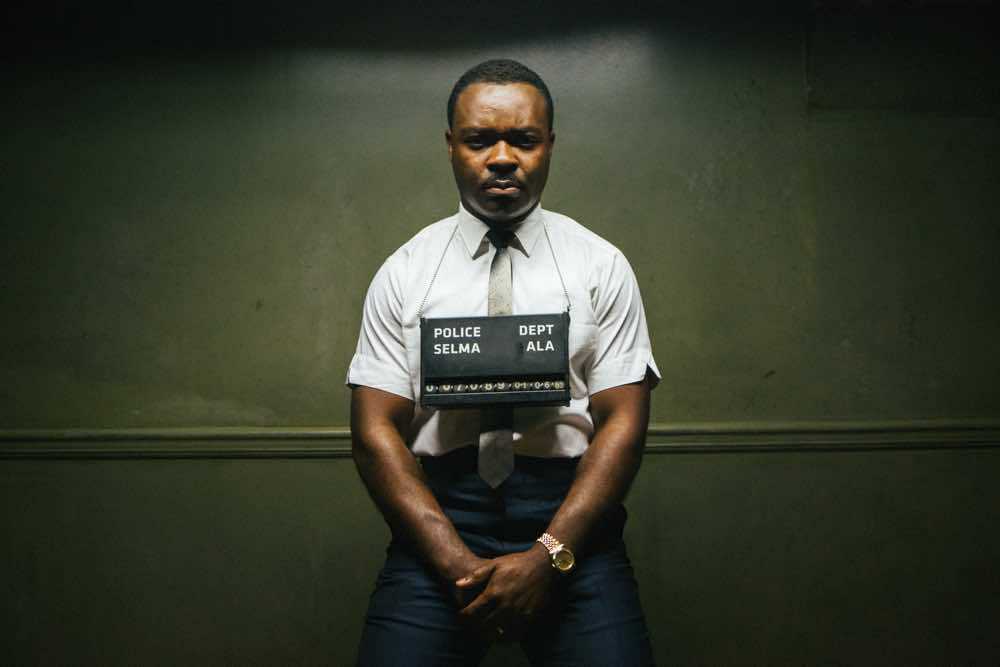
DuVernay is working from a script that she’s had to completely overhaul to shift the focus away from ‘great’ men. The clunkiness often shows, but it’s a minor flaw given the film’s overwhelming momentum. DuVernay knows how to bring us out of exposition and back into the thick of things with speed: even as King leaves LBJ’s office for the first time, unable to persuade him to pass the legislation that’s needed, DuVernay doesn’t linger on the temporary defeat. The next minute King walks into the frame downstairs, tells his colleagues they’re off to Selma, and then walks briskly — and dramatically — out of frame as we cut to the next scene: we’re onto the next thing, the next battle.
Selma is a masterclass in framing: each frame is packed with meaning and resonance, yet never feels overwrought. Consider how DuVernay returns to a head-on closeup of King, looking into lens, time after time. First, it’s when he’s getting dressed to accept his Nobel prize. Later, it’s for a mug shot when he’s taken in after a peaceful protest, his head still held high. It’s the same man, but we see the way society insists on taking away his rights and dignity. But we also see how King fights to maintain his pride. Equally, cinematographer Bradford Young’s lighting illuminates the dignity in the group’s suffering: we watch King in deep conversation while in prison, in closeup, golden shafts of light illuminating his face, their surroundings out of focus. They may be imprisoned, but their spirits aren’t broken. They’ll keep fighting until things change. And when they finally get there, we’re right there with them, basking in the success, but remembering just how much was sacrificed for it.
Read more: Review: Ava DuVernay’s 13th is an innovative spin on the talking head doc >>

